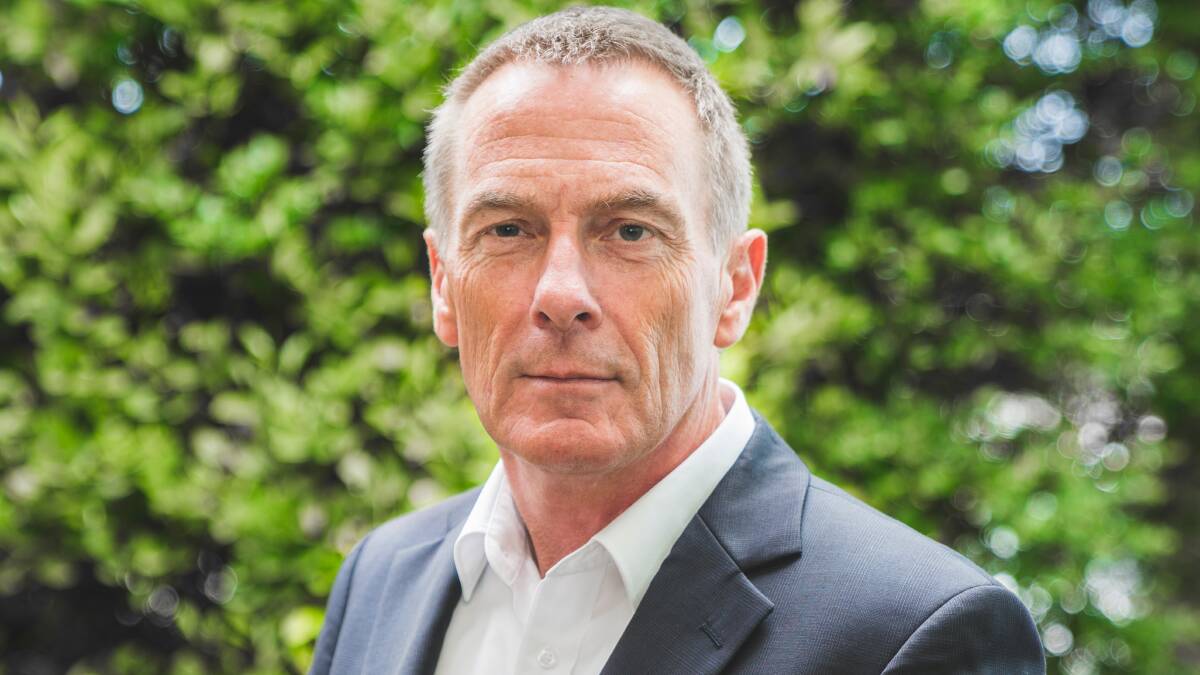
Technology giant Bosch has announced its intention to become a carbon neutral company by 2020, flagging changes to its Australian business in order to achieve the goal over the next twelve months.
Subscribe now for unlimited access to all our agricultural news
across the nation
or signup to continue reading
Rated as one of the 100 largest companies in the world, Robert Bosch GmbH is involved in a range of goods and services, including household appliances, building technology, power tools, industrial technologies, energy technology, hardware and software for vehicles and machinery powertrain technology.
Bosch chairman Dr Volkmar Denner said carbon neutrality would apply to all 400 locations of Bosch's global business.
"We will be the first major industrial enterprise to achieve the ambitious goal of carbon neutrality in a little over a year," he said.
Bosch Oceania president Gavin Smith said climate change was a global problem, one which needed to be addressed by all countries, including Australia.
"Any and every country can take a leadership position, just as any and every firm can take a leadership position," he said.
"I think it is the responsibility of firms and individuals to make decisions about what they do for the environments benefit.
"If we wait for government to make decisions and government to introduce regulations we may be waiting longer that we would like."
Mr Smith said Bosch was accelerating local measures to achieve the goal within the next twelve months.
"It's important to increase our efforts," he said.
"Bosch has always exceeded its previous goals to reduce carbon dioxide emissions, however more can be done and the time is now.
"We want our customers to have the assurance that the technology and services they are purchasing have been manufactured in a responsible and sustainable manner."
Mr Smith said Bosch would instigate a number of methods to reduce emissions, including increasing its site energy efficiency, generating new clean power, procuring green electricity and offsetting any unavoidable CO2 emissions.
"At our main site in Clayton we are going through a massive site renewal, the new buildings are far more energy efficient," he said.
"We are making the consumption of energy as low as possible for the devices required, such as lighting and high-efficiency boilers.
"We are installing 3,000 solar panels across the available roof spacing, that will generate over 10 per cent of our own energy requirements.
"Where we can't remove the consumption of gas or electricity we will buy local carbon offsets, focusing on biodiversity projects within Australia."
Mr Smith said in terms of the technologies it manufactures, Bosch was always driving toward power efficiency, particularly in terms of internal combustion engines.
"When you improve its efficiency you reduce its consumption, when you reduce the consumption of petrol or diesel you get better mileage and reduced emissions from the vehicle," he said.
"Bosch have been in the business of making parts for the internal combustion engine since 1886, so we have a long history.
"We are charting a course where we will bring to market further improvements for the internal combustion engine, but the bigger picture for all forms of mobility, anything that uses an internal combustion engine to date is likely to move to some form of electric, or hybrid electric engine."
Mr Smith said it would then be up to the end user to source their electricity from sources with the lowest environmental impact.
"If they recharge from green energy then the emissions are low, if they recharge from an energy source that is emissions intensive then they will not save as much, but that will be in the hands of the user not the manufacturer," he said.


